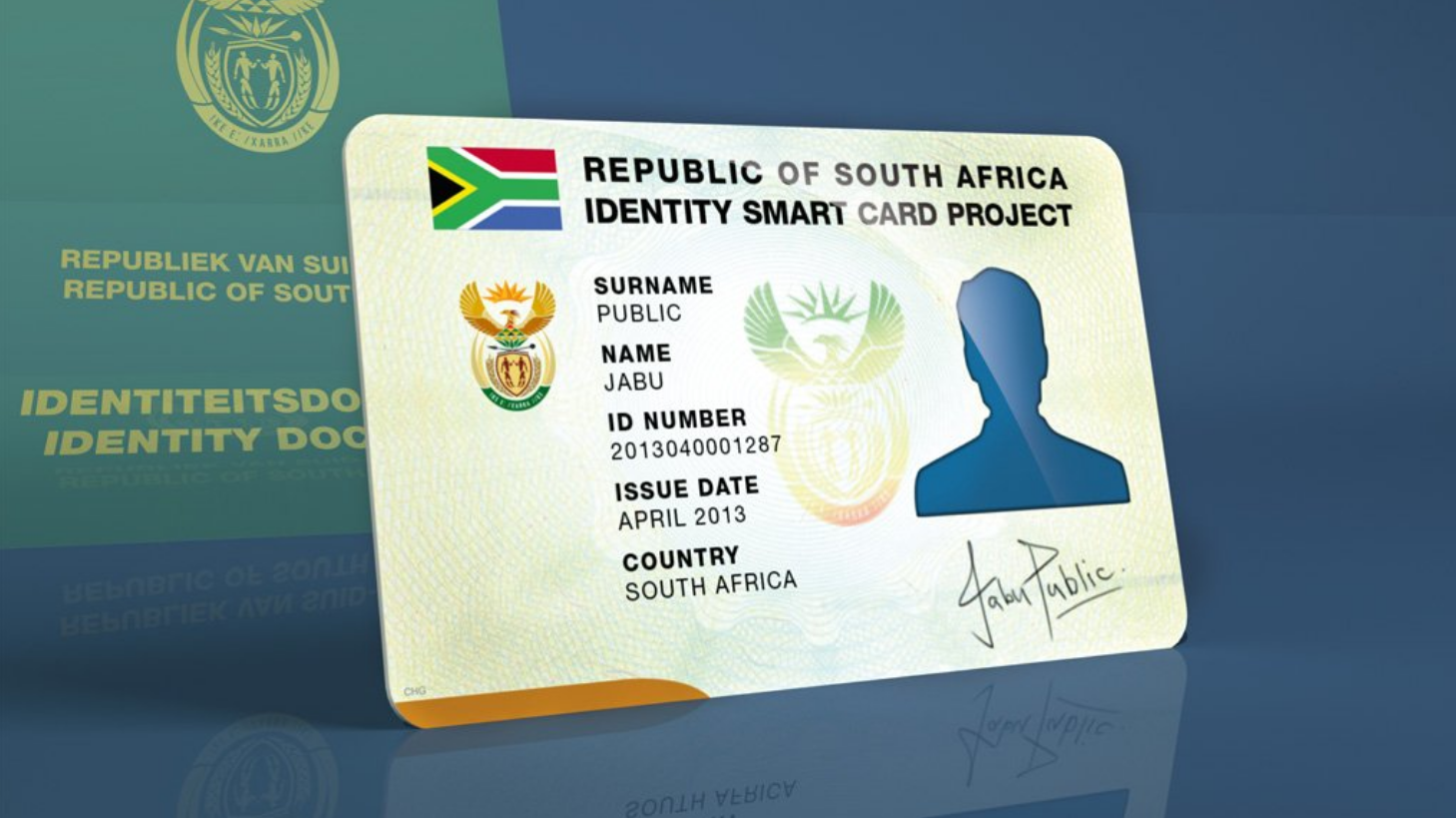The National Treasury is on a data‑driven hunt for “ghost workers,” freezing salaries, clawing back billions, and linking the purge to a wider crackdown on social‑grant fraud. Picture Credits: r/FedNews
By Duncan Mnisi
Johannesburg – The South African government has launched a sweeping clean-up of its payroll system, with the National Treasury moving to remove nearly 9 000 “ghost workers” — individuals listed on the government payroll who do not exist, no longer work for the state, or are receiving duplicate payments.
The revelation is contained in the 2025 Medium Term Budget Policy Statement, which shows that 8 854 suspicious cases have already been flagged for investigation. These include inactive employees, duplicate salary payments, and even people who are recorded as deceased but still receiving monthly wages.
Treasury officials say eliminating these phantom employees could save the state billions of rand each year.
Finance Minister Enoch Godongwana said the payroll purge forms part of a broader effort to curb wasteful expenditure and strengthen the integrity of social grant and salary payments.
“We want to remove ghost workers from the payroll and restore integrity to the public service wage bill,” he told Parliament.
Treasury Director-General Duncan Pieterse cautioned that the final savings estimate will only be confirmed once investigations are completed. “It is difficult to quantify at this stage because the flagged cases still need to be verified,” he said.
Investigators have uncovered shocking irregularities — including individuals appearing on the payroll of multiple departments. In one case, a single person was found earning salaries from three different ministries.
This practice, known as “double dipping,” drains money intended for essential services such as healthcare, education and infrastructure.
The crackdown extends beyond national departments. Several provinces are conducting their own audits:
- Gauteng recently froze the salaries of 66 suspected ghost employees.
- Mpumalanga reported more than R28 million in overpayments to phantom staff.
- Eastern Cape is also running an internal investigation.
Democratic Alliance public service spokesperson Eleanore Bouw Spies welcomed the initiative, saying: “Every rand lost to ghost workers is money stolen from classrooms, hospitals, and transport services.” She added that Parliament will ensure Treasury meets its February 2026 clean-up deadline.
From January 2026, a two-month verification window will allow flagged individuals to prove they are legitimately employed. Salaries of confirmed ghost workers will be frozen, and government will seek to recover the funds. Disciplinary — and potentially criminal — charges may follow in cases of fraud.
To prevent future abuses, Treasury plans to introduce a single sign-on payroll management system, which will automate verification processes and drastically reduce opportunities for irregular payments.
With public sector wages projected to reach R817.5 billion in the 2025/26 financial year, Treasury says fixing payroll leakage is crucial to stabilising South Africa’s finances.






